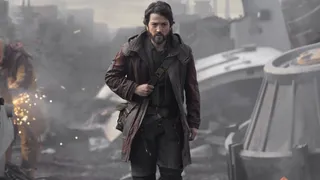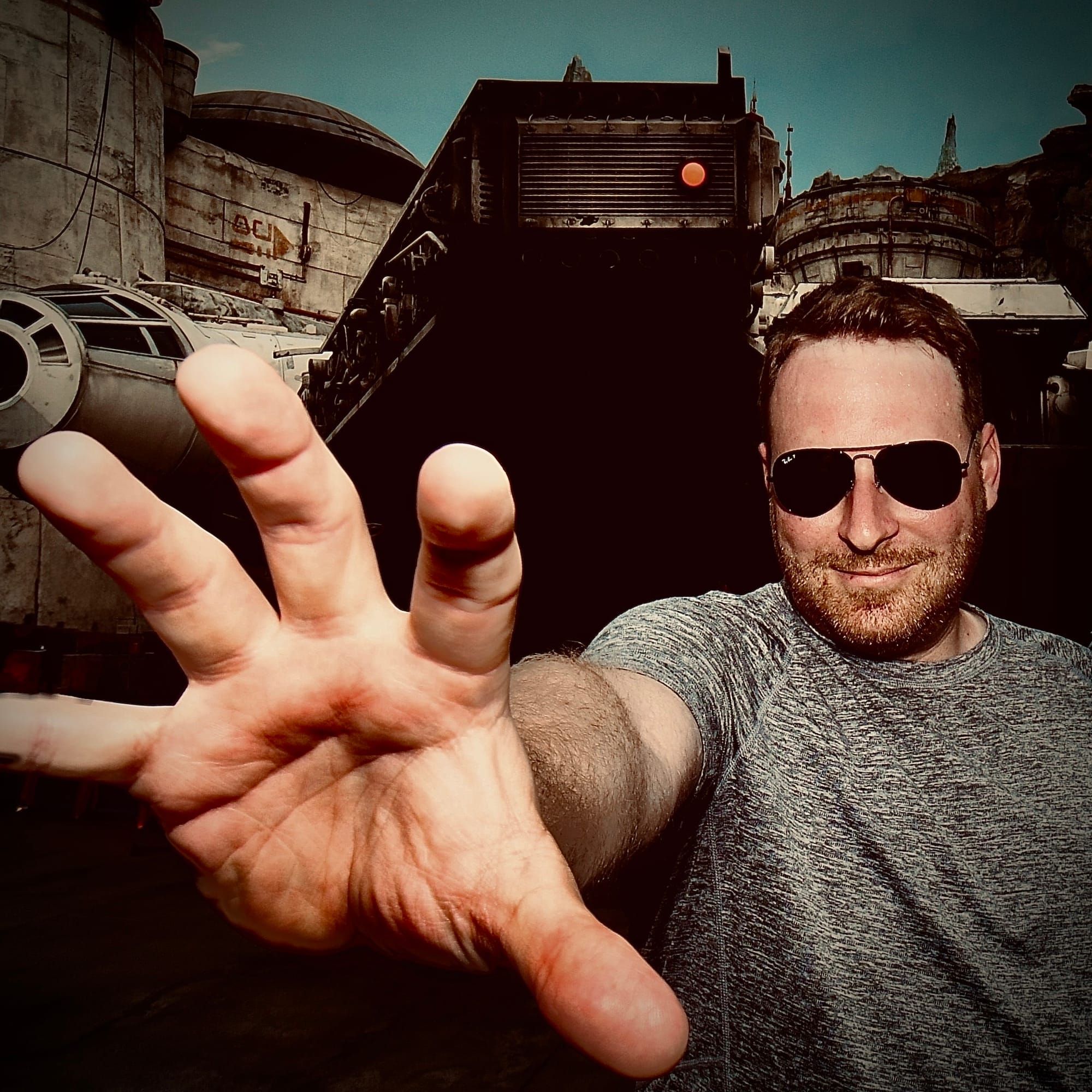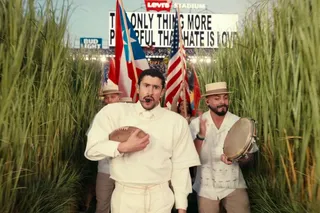
Seeing Rogue One in theaters was a unique experience. The Star Wars franchise was recently reborn, with The Force Awakens released the previous year. Rogue One promised something else, something new, and something self-contained. It also happened to be the first time I saw a movie with a reclining seat — talk about a game changer!
I recall sitting in the theater as the credits rolled, feeling completely stunned. I hadn’t experienced anything like it in the Star Wars universe — something gritty and raw, something that ended in tragedy yet still managed to convey hope. It was, and still is, a masterpiece.
Rogue One tells a story that leads directly into A New Hope, which we have long known the ending of — the ragtag rebellion defeats the Empire. The recently completed Disney+ series, Andor, however, wanted to tell the rest of the story — the tale of how the Rebellion formed. (Spoiler Alert: It was messy, fractured, and required immense sacrifices.)
Cassian Andor, the show’s titular character, sacrifices everything for the hope of ending the Empire. Andor didn’t know the cost when he signed up — he would eventually give up part of his humanity by killing, smuggling, and fighting to build and protect the Rebellion. The tragedy of Rogue One shows that he never knows the result of his work.
Luthen Rael, one of the architects of what would become the Rebel Alliance, fully understood the cost. When asked about sacrifice, he delivers a fantastic monologue:
Calm. Kindness. Kinship. Love. I’ve given up all chance at inner peace. I’ve made my mind a sunless space. I share my dreams with ghosts. I wake up every day to an equation I wrote 15 years ago from which there’s only one conclusion, I’m damned for what I do. My anger, my ego, my unwillingness to yield, my eagerness to fight, they’ve set me on a path from which there is no escape. I yearned to be a savior against injustice without contemplating the cost, and by the time I looked down, there was no longer any ground beneath my feet. What is my sacrifice? I’m condemned to use the tools of my enemy to defeat them. I burn my decency for someone else’s future. I burn my life to make a sunrise that I know I’ll never see. And the ego that started this fight will never have a mirror or an audience or the light of gratitude. So what do I sacrifice? Everything!
The central theme of Andor and Rogue One revolves around a realistic portrayal of rebellion. It emphasizes that change necessitates the courageous actions of a few individuals willing to make immense sacrifices to usher in a world that they may never personally witness.
Dietrich Bonhoeffer was a German pastor famous for his anti-Nazi dissent. Bonhoeffer’s theological writings have influenced countless generations of modern pastors with his exploration of discipleship, grace, and what it means to be a Christian in a broken world.
Bonhoeffer traveled to America in 1938, but knew that his rebellion required him to return to Germany, regardless of the cost. He wrote:
I have come to the conclusion that I made a mistake in coming to America this time. I must live through this difficult period in our national history along with the people of Germany. I will have no right to participate in the reconstruction of Christian life in Germany after the war if I do not share the trials of this time with my people ... Christians in Germany will have to face the terrible alternative of either willing the defeat of their nation in order that a future Christian civilization may survive, or else willing the victory of their nation and thereby destroying our civilization and any true Christianity. I know which of these alternatives I must choose but I cannot make that choice from a place of security.
Bonhoeffer was eventually arrested in 1943. He was accused of being part of a group planning to assassinate Hitler and was summarily executed in 1945, just 21 days before Hitler’s death. The post-Nazi Germany Bonhoeffer fought for would eventually be realized, but Bonhoeffer would never witness it himself.
Rebellions begin with individuals and small groups who dare to sacrifice everything for the future they want to build. Convincing others to also risk everything is the excruciatingly difficult part. Bonhoeffer preached on the dangers of Nazisim for decades, facing opposition within the church at every step.
Bonhoeffer’s fight is similar to the story told in Andor and Rogue One, but rebellions like these happen anywhere the powerful take advantage of the weak — you see it everywhere from high-stakes politics to the comparably mundane fight against tech overreach.
Hope is contagious — it shows people what is possible despite what currently is. However, it is not as easy to encourage people to take action.
In Rogue One, the Rebel Alliance council decides not to act against the Empire. They wager that the potential cost of action is too great a risk. Yet Andor and Jyn believe otherwise — they believe that inaction is tantamount to ceding victory to the Empire. Andor and Jyn choose to rebel and force the fight that would eventually destroy the Death Star. They lean into hope and decide to act.
I believe in hope and I believe in rebellion. I believe in taking action where we can, recognizing that there will likely be sacrifices to be made. Rebellion looks different for everyone, but I believe it’s necessary.
Rebel. Stand up to hate and live into hope.
Individually, it’s terrifying, but united, it’s a Rebel Alliance.



